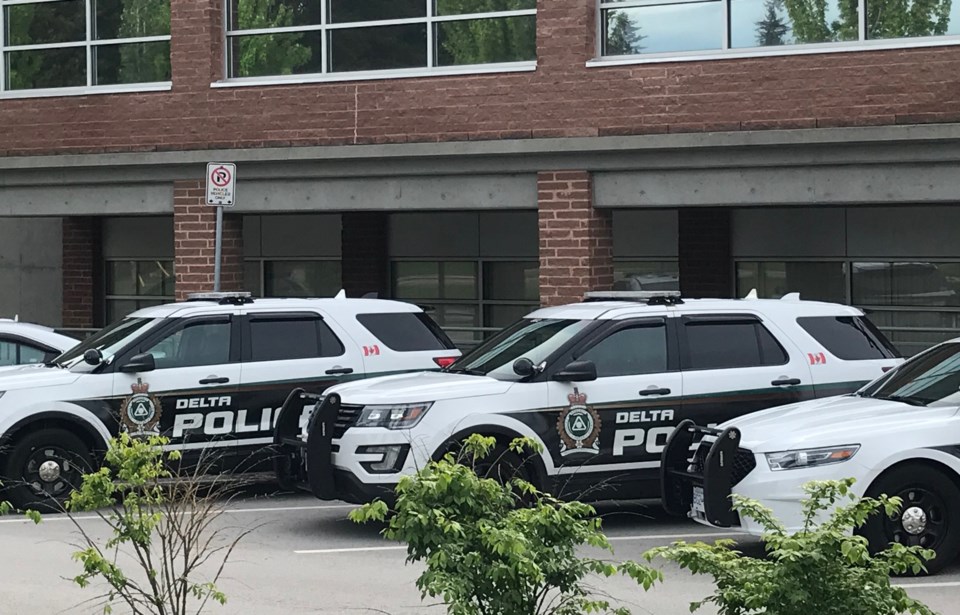The Delta Police Department (DPD) may expand its non-emergency call taking pilot program to be a 24/7 service and make it permanent.
In a pilot project, launched in December 2021, DPD assumed responsibility from E-Comm of answering non-emergency calls between 7 a.m. and 7 p.m. daily.
Non-emergency calls from 7 p.m to 7 a.m. continued to be transferred to E-Comm.
In his report to the Delta Police Board on Dec. 14, Chief Neil Dubord said the pilot project results indicate that the DPD has provided better service to the community through this in-house, non-emergency call-taking model.
His report notes that 7,515 calls for service were generated through DPD staff answering non-emergency calls between January and November 2022.
Moreover, the DPD has received no complaints about wait times.
Saying the program has been working "exceptionally well" without the need for additional personnel, Dubord said the department is considering several options for 2023 including taking non-emergency calls until midnight or even 24/7.
He also said E-Comm has suggested that it takes all of the DPD'S non-emergency call-taking or none of it, forcing the department to take over 24/7 in order to provide the same level of service it's been able to provide.
"But their intention, at this point in time, that we heard from E-Comm is that 10 o'clock in the evening, they would shut down non-emergency call taking and either direct people to 911 or direct people to online reporting, which we are not confident would meet our expectation at this time," he told the board.
His report says that to ensure standardized and responsive call-taking services for Delta citizens, the DPD has established service standards for E-Comm to answer 88 percent of emergency calls within 10 seconds and 80 per cent of non-emergency calls within three minutes.
Things haven't worked out as expected, he said.
"There have been concerns with E-Comm consistently not meeting the established service standards and service levels declining. The DPD has received complaints from citizens about long wait times to speak with a call taker, resulting in callers abandoning the call. Multiple meetings between DPD and E-Comm Management have not produced a viable solution," Dubord said in his report to the board.



